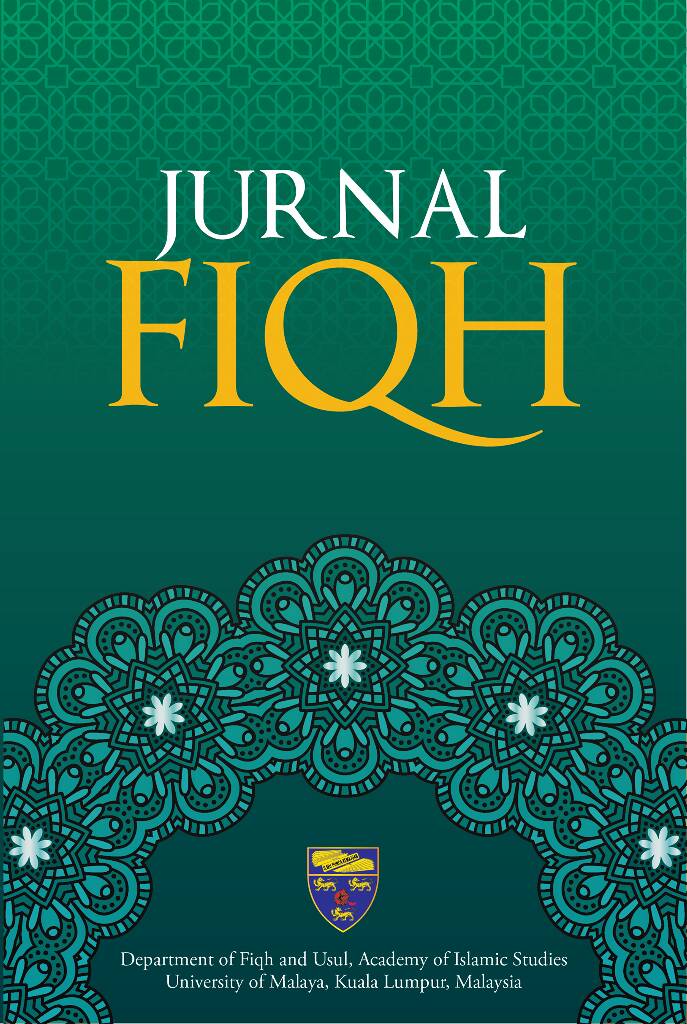قيود الاستيراد والتصدير في السوق الإسلامي: أهدافها الاقتصادية، وضوابطها الشرعية
Restrictions on Importation and Exportation in Islamic Market: Economic Goals and Shariah Parameters
DOI:
https://doi.org/10.22452/fiqh.vol17no1.3Keywords:
importation, exportation,Islamic market, Shariah parametersAbstract
Prior to agriculture, international trade is deemed one of the oldest human activities since ages, as Allah Almighty bestowed different countries with different wealth and made them in need for each other. Import and export are the most important activities in international trade currently. In relation to this, this study aims to shed some light on sharia regulations pertaining to both activities in Islamic market; and to identify the economic goals of import and export activities as well as restrictions imposed on them. The study is based on deductive methodology by analyzing theories from general to specific. The study finds that there are two types of restriction in Shariah: first, restrictions that directly affect the control of the quantity of goods imported and exported, and the second restrictions are those that indirectly affect the quantity of goods imported and exported. This study suggests some Shariah parameters for each type of restrictions. Failure to comply to the parameters may lead to neglect of economic goal in Shariah as well as the interest of the public and perpetuate injustice in the community.











